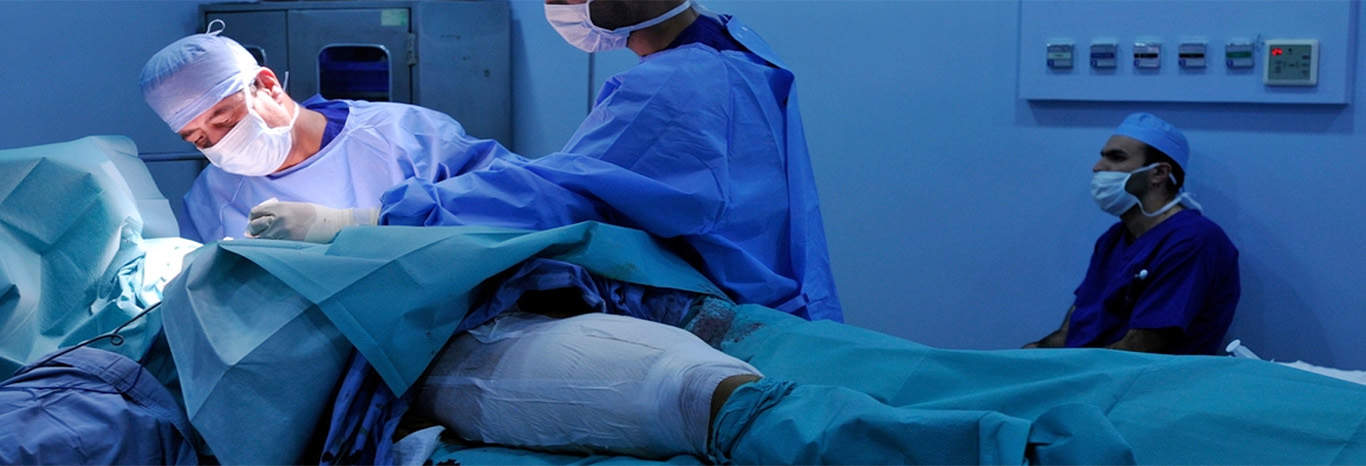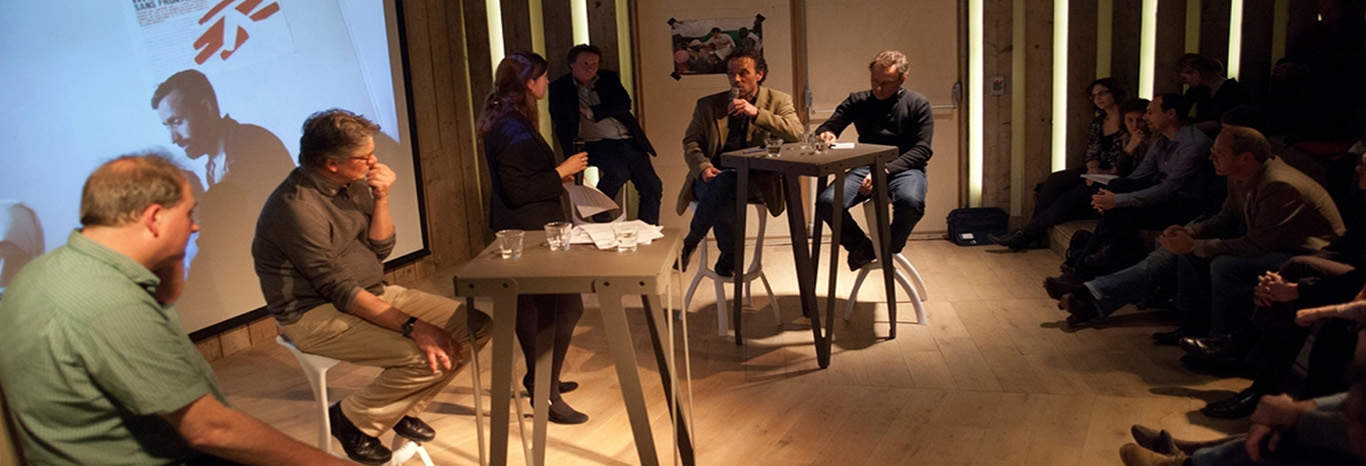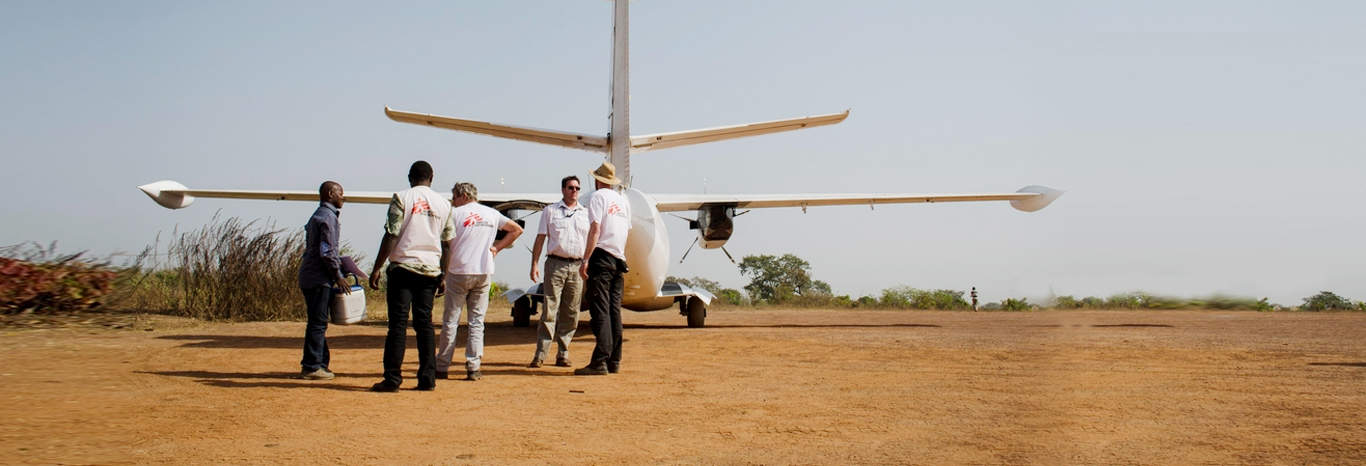Doctors Without Borders/ Médecins Sans Frontières (MSF) is an international, independent medical humanitarian organisation that delivers emergency aid to people affected by armed conflict, epidemics, natural disasters and exclusion from healthcare.
MSF offers assistance to people based on need, irrespective of race, religion, gender or political affiliation. Our actions are guided by medical ethics and the principles of neutrality and impartiality.

Working principles
We offer assistance to people based on need. It doesn’t matter which country they are from, which religion they belong to, or what their political affiliations are. We give priority to those in the most serious and immediate danger.
Our decision to offer assistance is based on our evaluation of medical needs, independent of political, economic or religious interests. Our independence is rooted in our funding; 97 per cent comes from individual private donors giving small amounts. We strive to freely evaluate needs, access populations without restriction, and to directly deliver the aid we provide.
We do not take sides in armed conflicts nor support the agendas of warring parties. Sometimes we are not present on all sides to the conflict; this may be because access is denied to us, or due to insecurity, or because the main needs of the population are already covered.
Neutrality is not synonymous with silence. Our proximity to people in distress implies a duty to raise awareness of their plight to ultimately help improve their situation. We may seek to bring attention to extreme need and suffering when access to lifesaving medical care is hindered, when our teams witness extreme acts of violence, when crises are neglected, or when the provision of aid is abused.
We take responsibility of accounting for our actions to our patients and donors, and being transparent on the choices we make. Evaluations, critical reviews and debate on our field practices, our public positioning and on wider humanitarian issues, are necessary to improve what we do.

MSF rejects the idea that poor people deserve third-rate medical care and strives to provide high-quality care to patients. In 1999, when MSF was awarded the Nobel Peace Prize, the organisation announced the money would go towards raising awareness of and fighting against neglected diseases.

Today, MSF is a worldwide movement of 21 sections, 24 associations and various other offices. They are bound together by MSF International, based in Geneva, Switzerland, which provides coordination, information and support to the MSF Movement. Thousands of health professionals, logistical and administrative staff – most of whom are hired locally – work on programmes in over 70 countries worldwide.

MSF's work is based on humanitarian principles. We are committed to bringing quality medical care to people caught in crisis, regardless of race, religion or political affiliation.
MSF operates independently. We conduct our own evaluations on the ground to determine people’s needs. More than 90 per cent of our overall funding comes from millions of private sources, not governments. MSF is neutral. We do not take sides in armed conflicts, we provide care on the basis of need, and we push for independent access to victims of conflict as required under international humanitarian law.

MSF was founded in 1971. Its principles are descriobed in the organisation's foundating charter. It is a non-profit, self-governed organosation.
Its principles are described in the organisations’s foundation charter. It is a not-for-profit, self-governed
Where we work
In more than 70 countries, Médecins Sans Frontières provides medical humanitarian assistance to save lives and ease the suffering of people in crisis situations.












